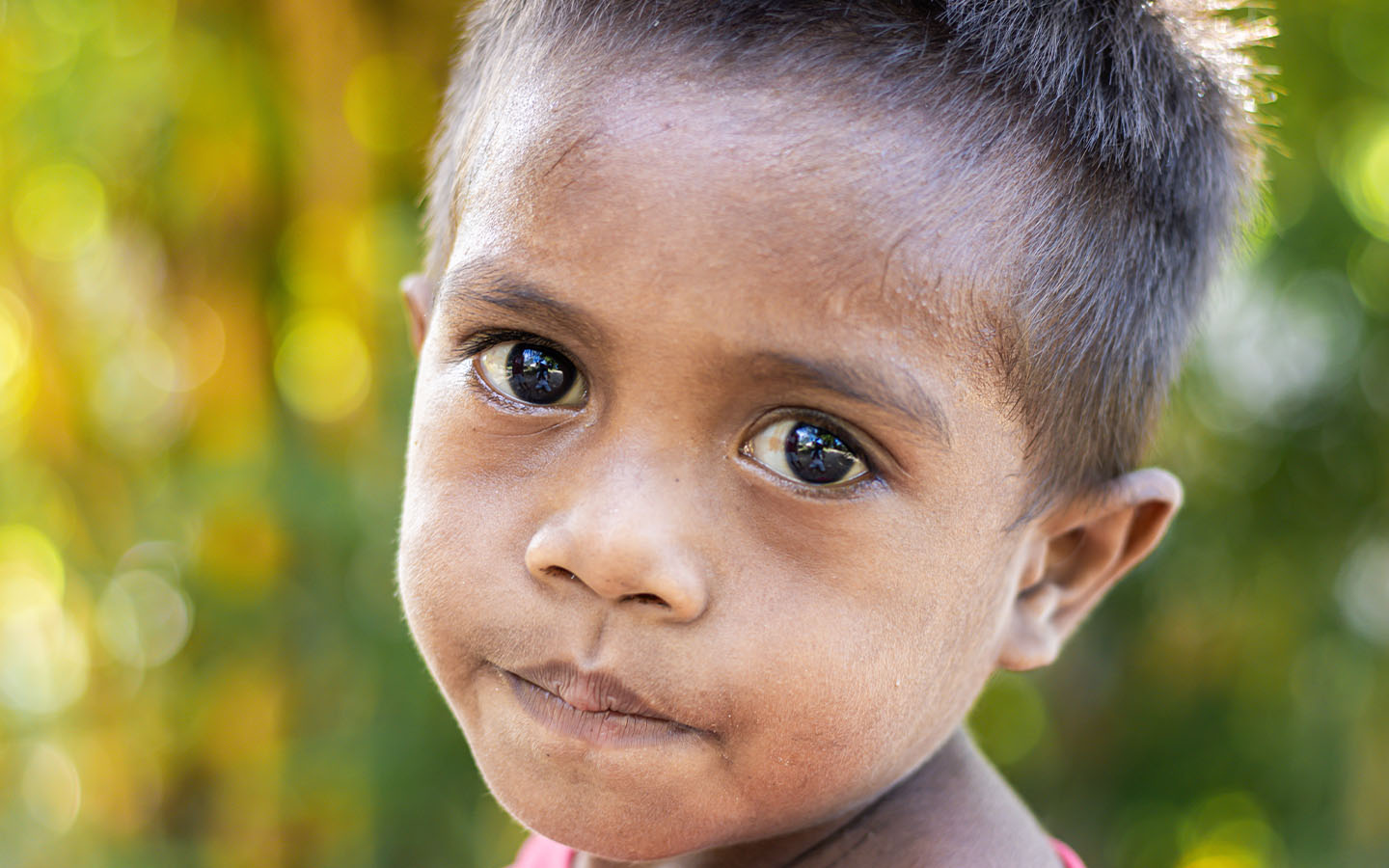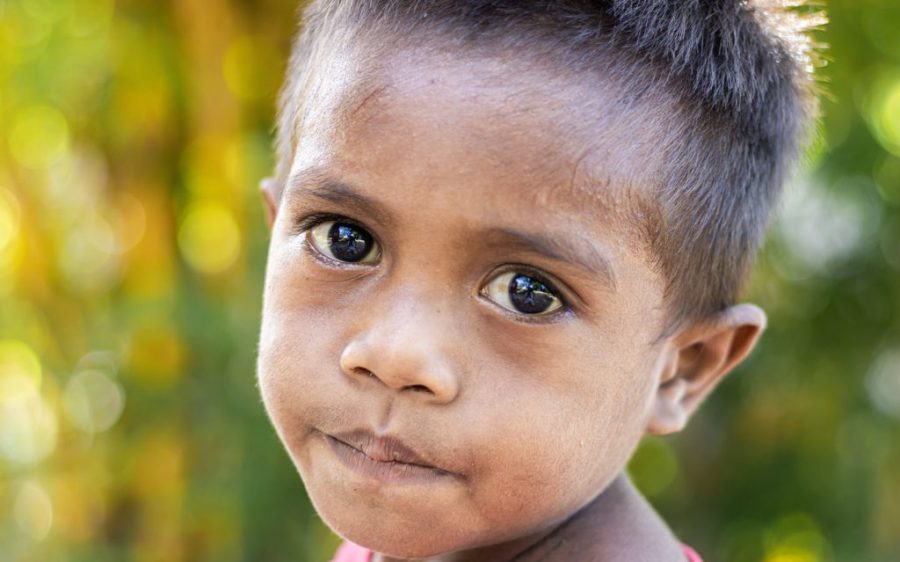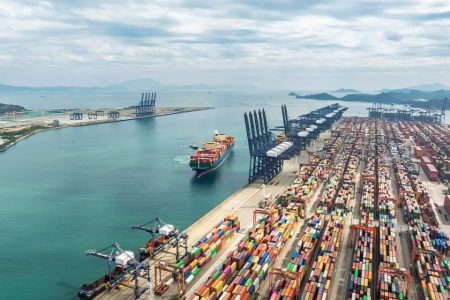The government of Timor-Leste is partnering with the World Food Programme (WFP) to provide nutrition support for the country’s most vulnerable, reports the Portuguese news agency Lusa.
The agreement aims to support Timor-Leste’s long-running Bolsa da Mãe programme. Speaking at the signing ceremony in Dili, the head of the Ministry of Social Solidarity and Inclusion (MSSI), Verónica da Dores, called the programme a “vital step towards ensuring that babies, children and mothers from vulnerable families receive the care and nutrition they need.”
The nutritional support will run from 2026 to 2028 in the municipalities of Covalima, Ermera and the Timorese enclave of Oecussi, located on the western side of the island. It will provide nutritionally specialised food and essential services to pregnant women, breastfeeding mothers and children between the ages of six months and 35 months.
Malnutrition is a serious issue in Timor-Leste. Nearly half (47 percent) of children under the age of 5 suffer from chronic malnutrition (stunting), 8.6 percent from acute malnutrition (wasting), 32 percent are underweight and deficient in vitamin A, iron and iodine.
[See more: Japan is broadening its school lunch scheme for children in Guinea-Bissau]
Some 86 percent of children between the ages of 6 and 23 months do not receive the recommended minimum acceptable diet, according to UNICEF. Undernutrition among adolescents and women is also poor, with nearly 19 percent of reproductive age women (15 to 49 years old) underweight and almost 39 percent are anaemic.
Wasting, according to UNICEF, weakens immune systems, leaving children vulnerable to disease, developmental delays and death. Stunting, which can contribute to wasting and vice versa, also prevents children from reaching their physical and cognitive potential, lowering educational attainment and potential earnings. According to the World Bank, the high levels of stunting in Timor-Leste result in economic losses equivalent to 2 percent of GDP annually.
The Timorese government introduced a multisectoral nutrition action plan in March to tackle the problem. With a goal of cutting stunting down to 25 percent by 2030, the effort focuses on support for newborns, children up to 23 months and women of reproductive age. This new agreement, along with a deal signed with UNICEF last month, aim to help make that goal a reality.






